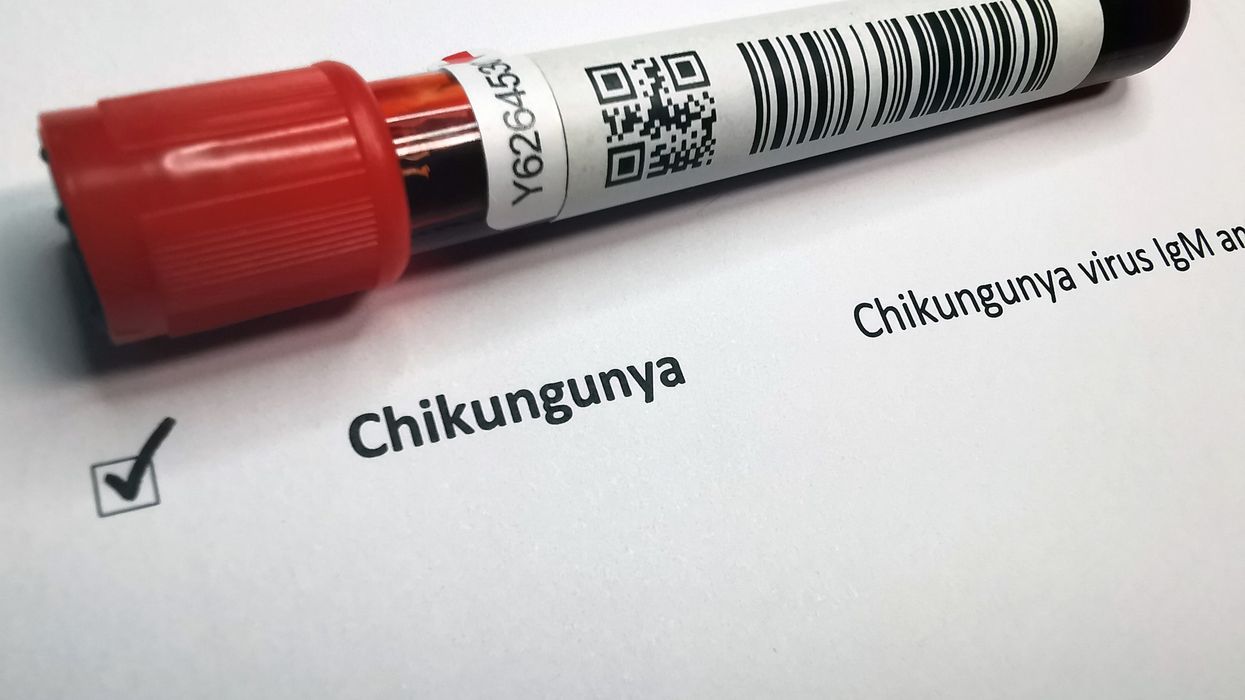Key Summary
- UKHSA data shows a total of 73 cases between January and June 2025
- This is nearly three times higher than in the first six months of 2024 (27 cases)
- For the first time in the UK, three cases of Oropouche virus (sloth fever) were reported
There has been an increase in travel-associated chikungunya cases in England, and UK Health Security Agency (UKHSA) data shows a total of 73 cases between January and June 2025.
This is nearly three times higher than in the first six months of 2024 (27 cases), as per UKHSA’s Travel-associated Infections Report for the first 6 months of this year.
All cases were reported in England, with the majority in London.
For the first time in the UK, three cases of Oropouche virus were reported, all associated with travel to Brazil.
Chikungunya is a mosquito-borne infection, with symptoms including a sudden onset of fever usually accompanied by joint pain.
While most people recover fully within 1 to 2 weeks, the joint pain can persist for months or even years.
Up to 12 percent of patients still experience discomfort three years after infection.
Serious complications are uncommon, but very rarely the disease can be fatal.
This is particularly true for the very young, older individuals, and those with other underlying illnesses.
Of the 73 chikungunya cases, the majority reported travel to Sri Lanka, India and Mauritius, linked with ongoing local outbreaks in countries in the Indian Ocean region.
There are only two species of mosquito that transmit the disease and they are not established in the UK at present, because this climate is not suitable for their survival.
Oropouche virus is spread predominantly by midge bites rather than mosquito bites.
The primary type of midge responsible for the outbreak in the Americas is not seen in the UK and Europe.
If a person becomes unwell with symptoms such as high fever, chills, headache, joint pain, and muscle aches following travel to affected areas, they should seek urgent medical advice.
The UKHSA report also stated that 161 dengue cases were reported in England, Wales and Northern Ireland, a 67 percent drop when compared with last year.
There have also been cases of meningococcal serogroup W (MenW) disease this year, associated with travel to Saudi Arabia.
Meningococcal disease can leave survivors with serious lifelong conditions, including hearing loss, brain damage and limb amputations, and can also be fatal.
Anyone travelling to Saudi Arabia for pilgrimage at any time of the year should ensure they are vaccinated with the MenACWY vaccine before travel.












